These inspiring stories prove that age is just a number.
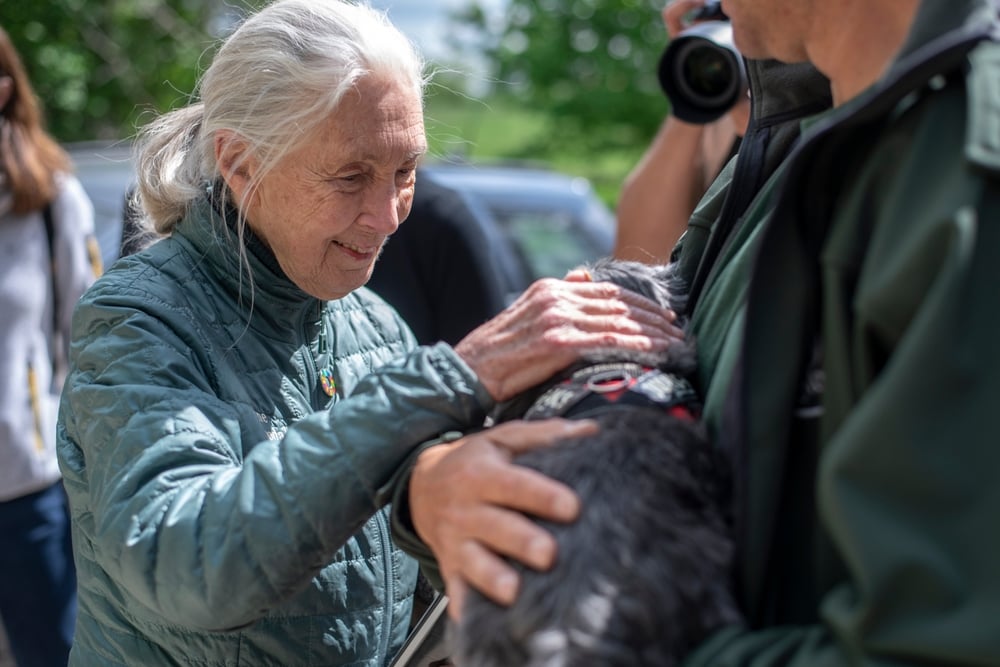
Who says revolutions are just for the young? Throughout history, seniors have stepped up, broken stereotypes, and led movements that changed the world. Whether they fought for social justice, scientific advancement, or creative expression, these trailblazers showed the world that retirement doesn’t mean retreat.
Their stories will inspire you to think bigger and remind you that it’s never too late to make a difference.
1. Gandhi’s fight for Indian independence at 61
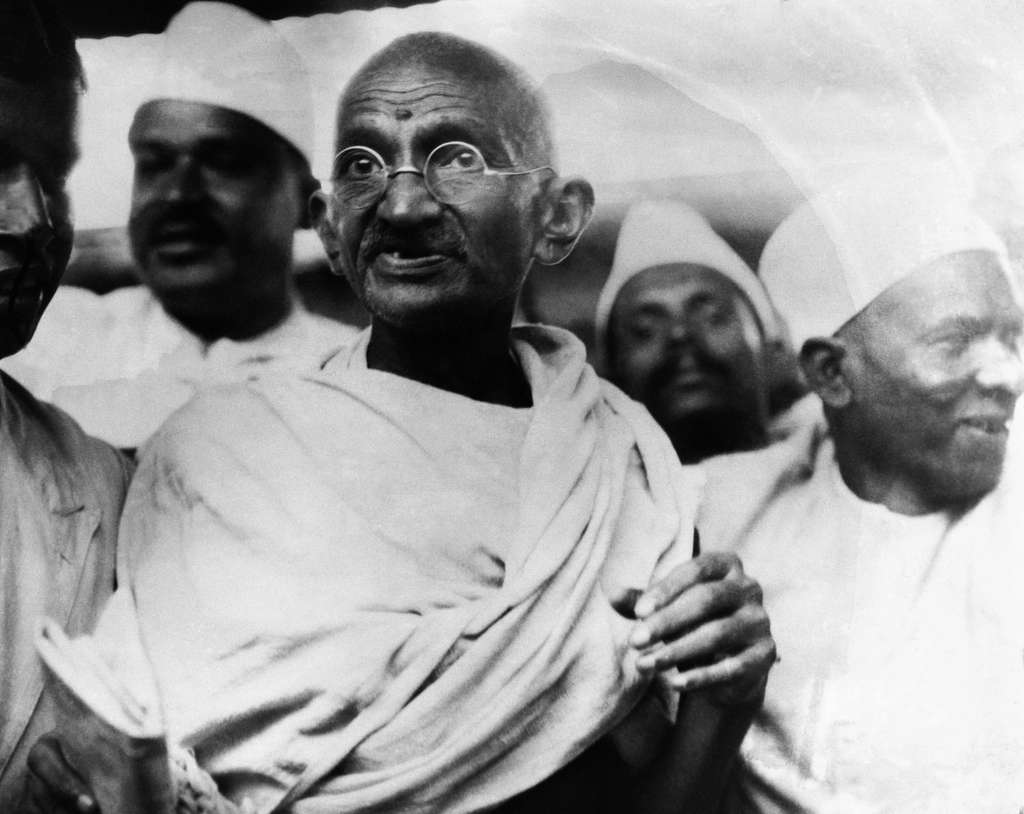
Mahatma Gandhi, at the age of 61, launched the Salt March in 1930, a pivotal act of civil disobedience against British colonial rule. According to Britannica, despite his advancing years, Gandhi’s leadership during this movement mobilized millions of Indians in the struggle for independence.
Gandhi’s unwavering commitment to nonviolence and justice proved that even in one’s later years, a revolutionary spirit can ignite monumental change. His legacy continues to inspire activists worldwide.
2. Susan B. Anthony’s relentless fight for women’s suffrage
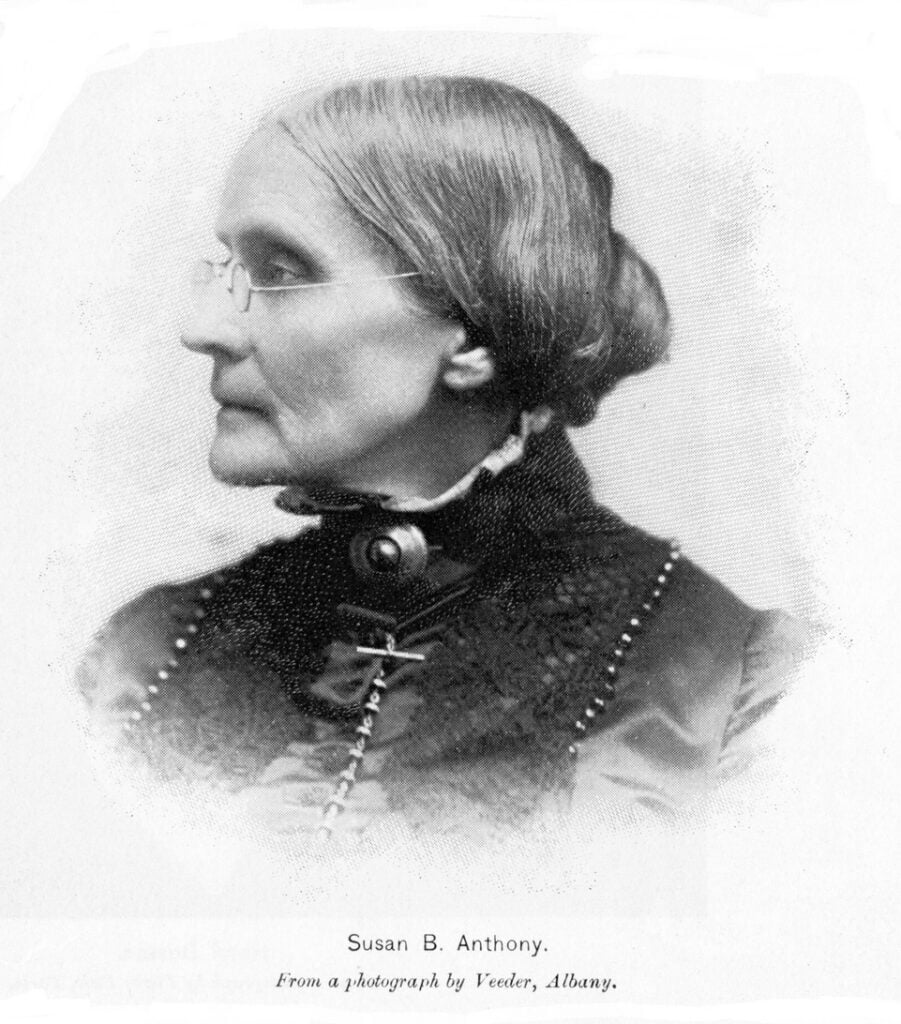
Susan B. Anthony was 60 years old when she led a groundbreaking effort to push for women’s voting rights. Her tireless campaigning and public speaking galvanized a national movement that eventually led to the passage of the 19th Amendment.
Anthony’s dedication showed that age is no barrier to fighting for equality. Her work remains a cornerstone of the ongoing struggle for women’s rights.
3. Winston Churchill’s wartime leadership at 65
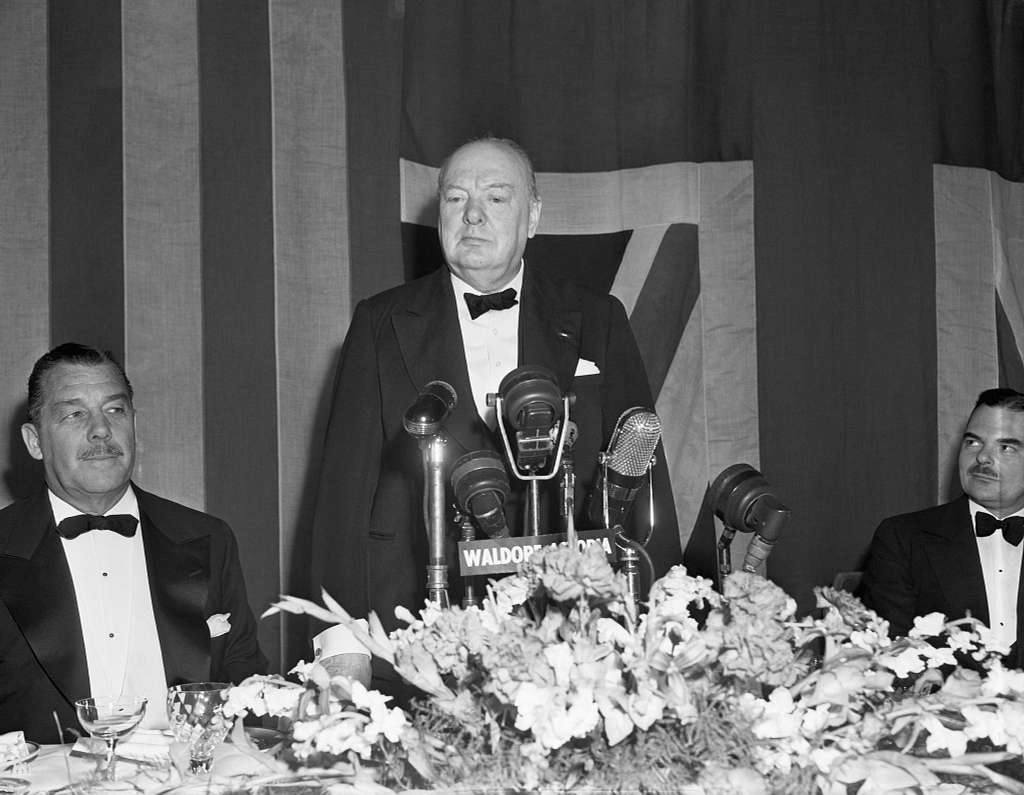
At 65, Winston Churchill became Prime Minister of the United Kingdom during one of the darkest periods in history: World War II. According to Churchills National Museum, his stirring speeches and decisive leadership rallied a nation and inspired global resistance to tyranny.
Churchill’s example demonstrates that experience and resilience are powerful tools for navigating crisis, proving that seniors can lead with wisdom and resolve.
4. Harriet Tubman’s activism well into her 70s
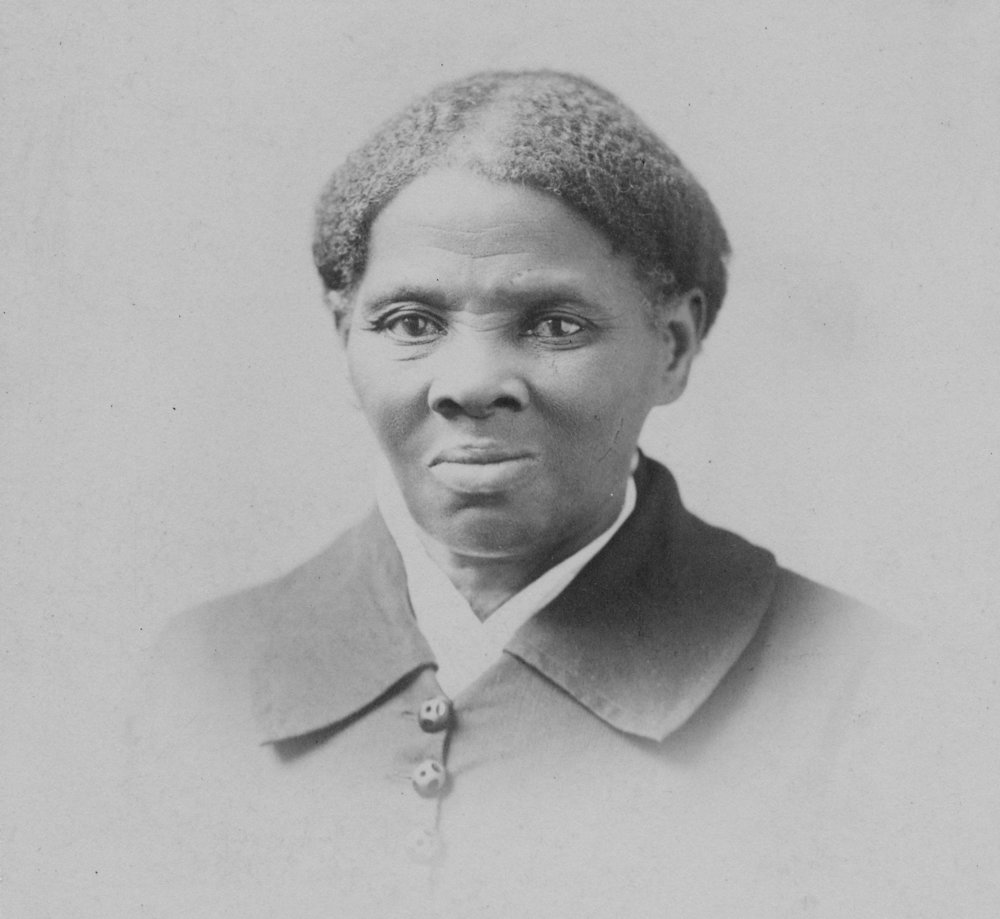
Harriet Tubman, famous for her work on the Underground Railroad, continued her activism into her 70s. During the Civil War, she became a spy for the Union and later advocated for women’s suffrage.
Her lifelong commitment to justice and equality made her a symbol of courage. Tubman’s determination shows that age never dampens a revolutionary spirit.
5. Mother Teresa’s Nobel Peace Prize at 69
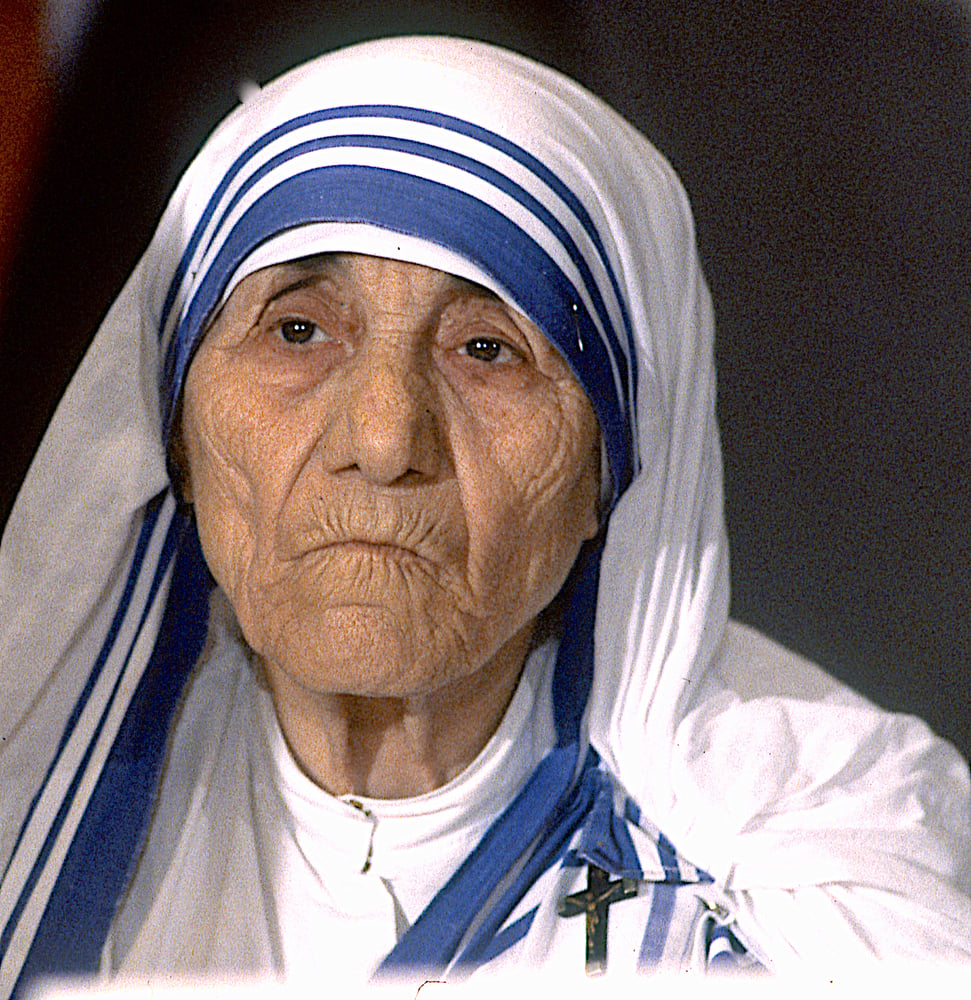
At 69, Mother Teresa was awarded the Nobel Peace Prize for her tireless work with the poor and dying in Kolkata. Her humanitarian efforts, which she began in her 40s, expanded worldwide as she aged.
Mother Teresa’s compassion and energy proved that devotion to a cause only deepens with time. Her life remains an inspiration for selfless service.
6. Benjamin Franklin’s role in founding a nation at 70
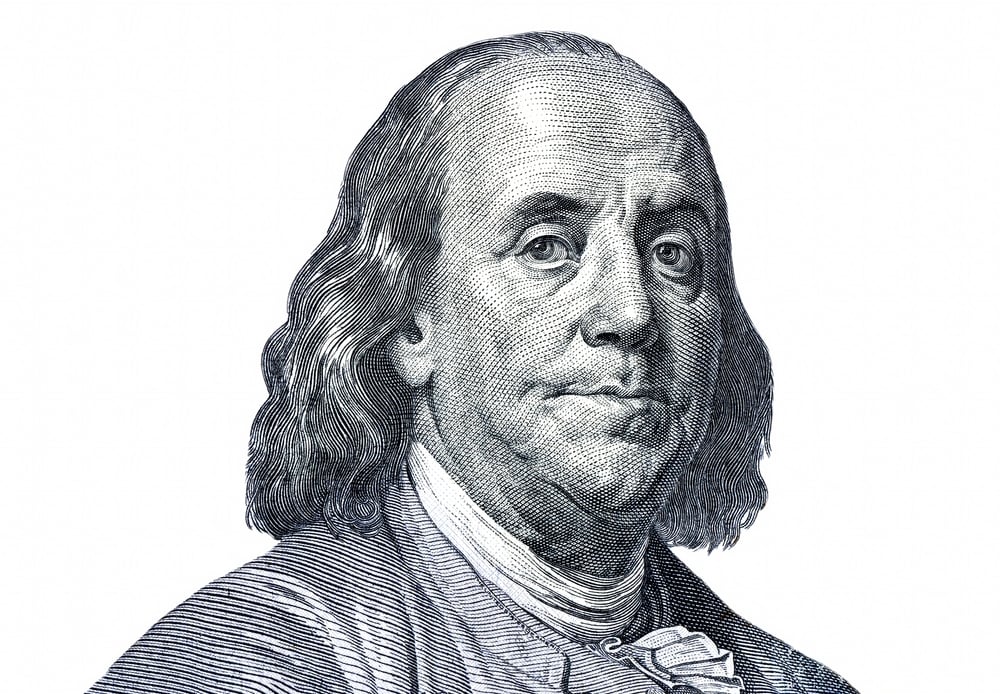
At 70, Benjamin Franklin played a key role in drafting the Declaration of Independence and later the U.S. Constitution. His wisdom and diplomacy helped shape the United States during its formative years.
Franklin’s contributions demonstrate that older adults bring invaluable insight and experience to revolutionary endeavors.
7. Nelson Mandela’s presidency at 75
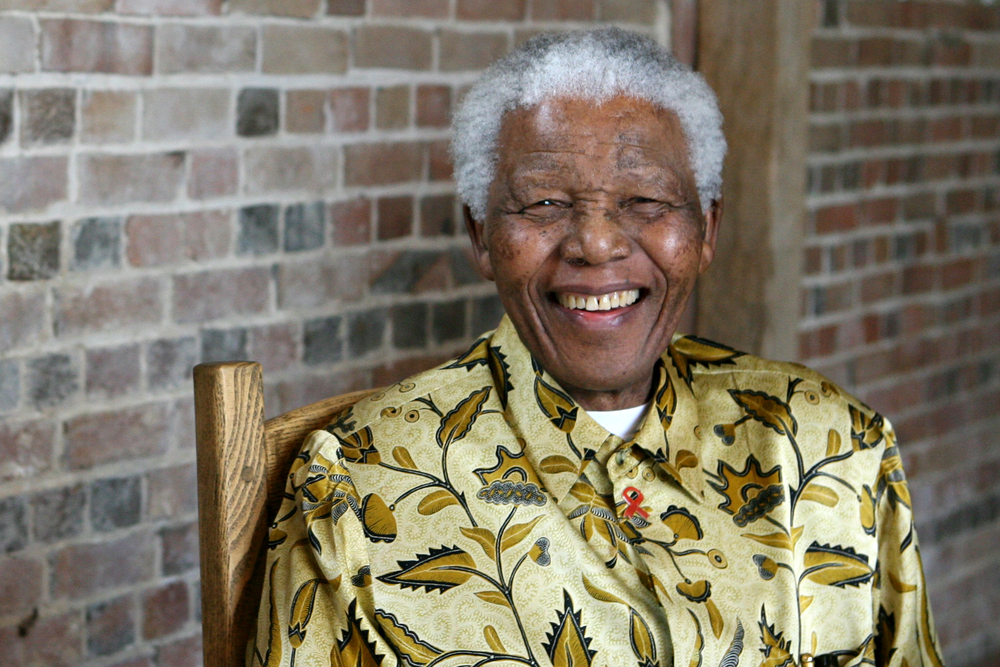
After 27 years in prison, Nelson Mandela became South Africa’s first Black president at 75. His leadership in dismantling apartheid and fostering reconciliation inspired people around the globe.
Mandela’s life is a testament to perseverance and the idea that it’s never too late to lead and heal a nation.
8. Clara Barton’s establishment of the American Red Cross at 60
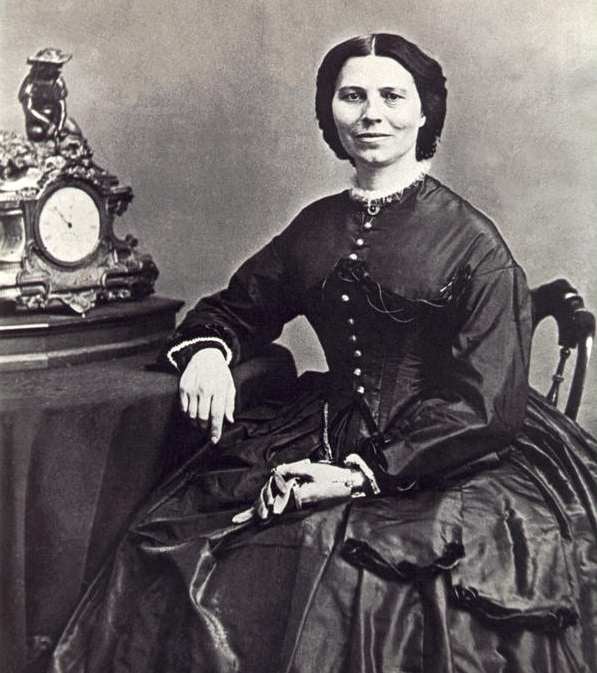
Clara Barton founded the American Red Cross at 60, dedicating her later years to organizing disaster relief efforts and supporting soldiers in times of war.
Her work set the foundation for one of the world’s most respected humanitarian organizations. Barton’s achievements highlight how age can be an asset in pursuing bold, life-changing goals.
9. John Glenn’s return to space at 77
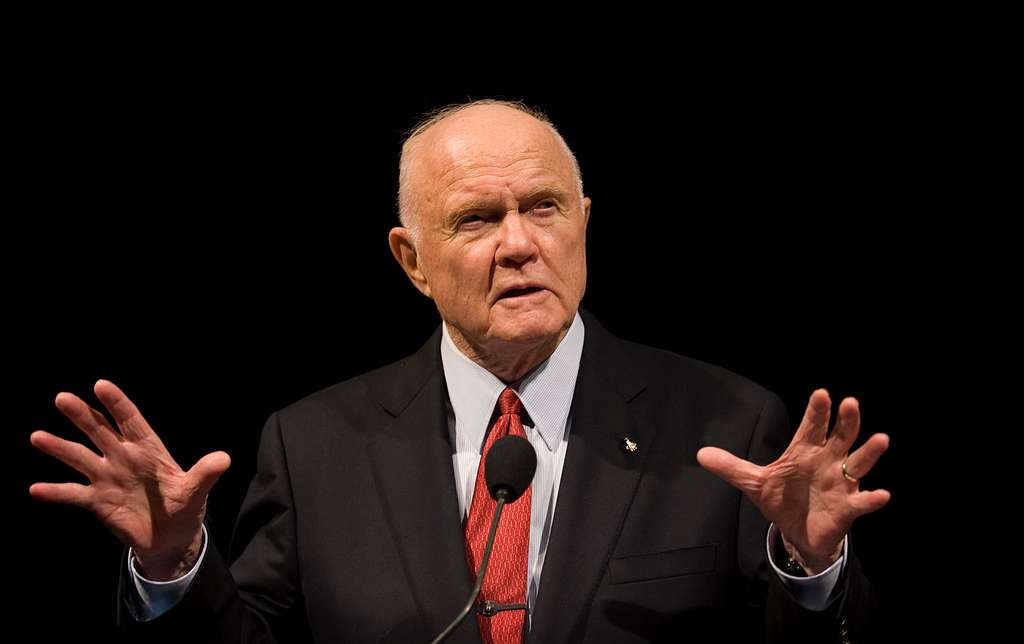
At 77, John Glenn became the oldest person to travel to space as part of NASA’s Space Shuttle program. His mission demonstrated the capabilities of older adults and advanced research on aging.
Glenn’s adventurous spirit defied expectations and proved that exploration and discovery have no age limit.
10. Anna Mary Robertson “Grandma” Moses’ art career at 78
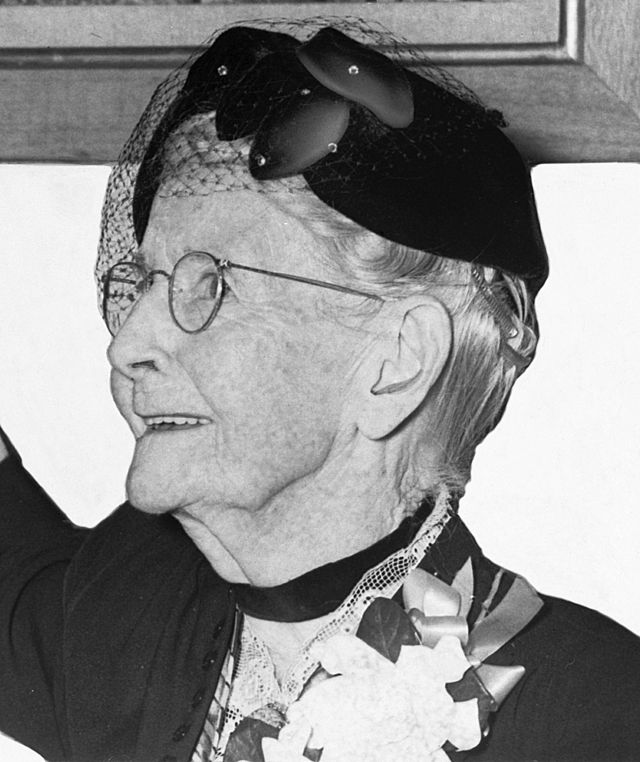
Grandma Moses began her painting career at 78, gaining worldwide fame for her folk art. Her work was exhibited in galleries across the globe, proving that creative revolutions can start late in life.
Her success encouraged countless seniors to pursue their passions and embrace new opportunities.
11. Jimmy Carter’s post-presidency humanitarian work
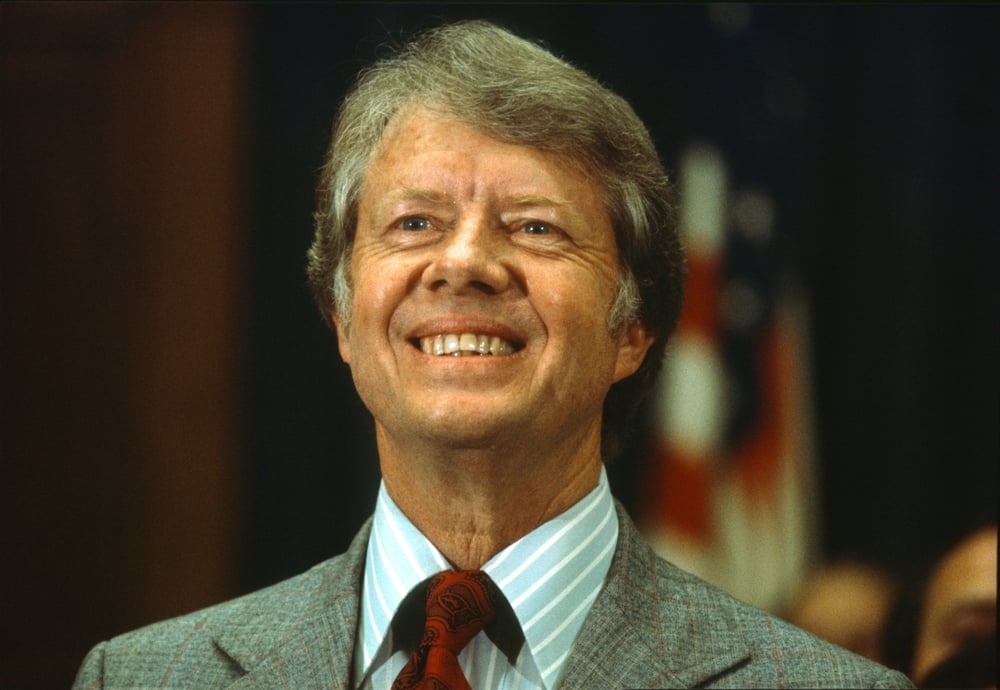
Jimmy Carter, at 56, began his presidency, but it was after leaving office at 56 that he made his most enduring contributions. Well into his 90s, Carter built homes with Habitat for Humanity and worked tirelessly to promote peace and health worldwide.
His commitment to service proves that revolutionary work can span decades and that the most impactful years may come later in life.
12. Jane Goodall’s ongoing environmental activism at 55+
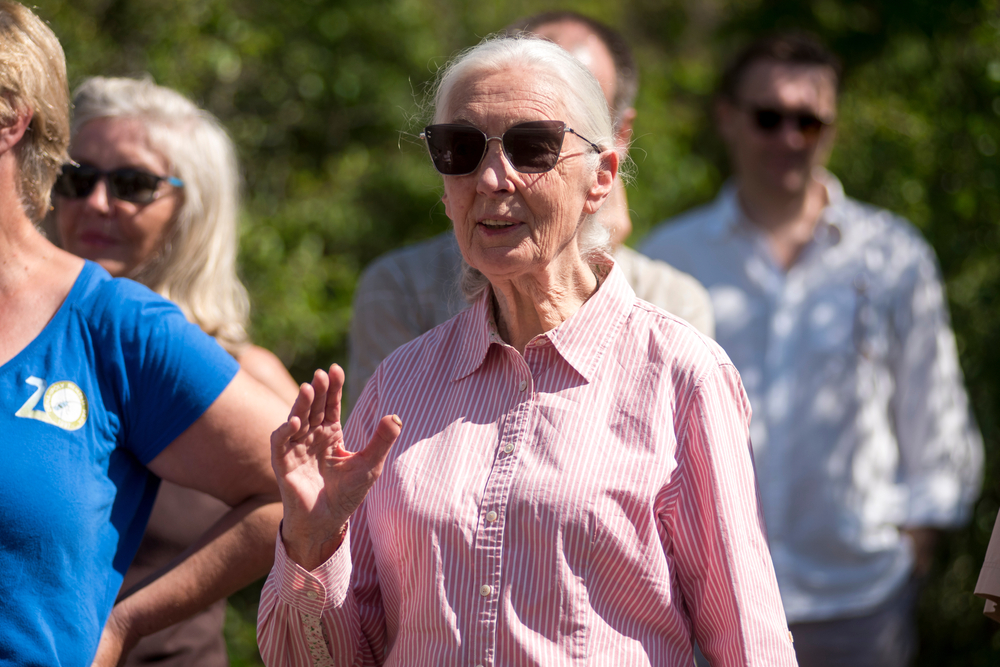
At 55, Jane Goodall expanded her groundbreaking work with chimpanzees to focus on global environmental conservation. Her Roots & Shoots program, founded in her 60s, continues to inspire young environmentalists.
Goodall’s passion for the planet shows how seniors can ignite revolutions in science, education, and advocacy, leaving a lasting legacy for future generations.
